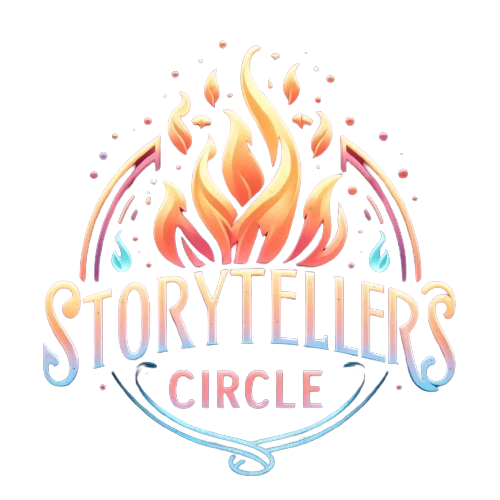Just make tension in a scene. To do that, you need three basic things.
- A protagonist who the reader can sympathize with, who has a motivation to attempt to achieve a personal objective.
- An obstacle, living or non-living, which creates a conflict by getting in the protagonist's way.
- A struggle on the part of the protagonist, that typically requires them to learn and grow as a person in order to overcome the obstacle in front of them.
To make a protagonist someone you can sympathize with, simply give them human qualities. They do not even have to be human themselves, but it helps to make them as human-like as you can. On top of this, grounding your protagonist with ideas or issues which a normal person would feel will invariably make it easier to relate to them.
Note, that a human quality isn't necessarily
good or
bad, it merely need be something people can feel or relate to.
Next, you need a motivation. What is your character trying to accomplish with their life? Maybe they want to be a star singer, or a legendary warrior. Maybe there's a call to action--the princess has been kidnapped and the hero needs to ride out to save her. Whatever it is, make it something simple, and something understandable. Technically speaking, this should apply to
all characters involved, but it's most important to establish with your protagonist.
Next, you need the obstacle. It could be a living obstacle (your highschool rival, a fire breathing dragon, et cetera) or a non-living obstacle (a literal mountain to climb, a magically sealed doorway, et cetera). The obstacle needs to be something which the protagonist resolves, one way or another, in a manner that allows them to surpass it.
The character has to grow and change in order to surpass the obstacle, or it's meaningless. If a character can surpass an obstacle without having to learn or change anything, that's not an obstacle, and that's not interesting.
Finally, the struggle. As touched on above, you need to force the protagonist into a situation where they have to learn and grow, typically experiencing failure once or twice along the way as a result of their own actions.
What you have at the end of this, is what's called a "working premise."
Eg: A squire learning under the hand of a legendary knight wakes up one morning to find his mentor dead, and the kingdom's princess stolen away by an evil sorcerer named Mordred. Though he is young and lacks the skill of his mentor, he is determined to rescue the princess and show the world that he is worth something.
When you map out a beginning, middle, and ending for your premise, that's when you have a "working plot."
Eg: The squire travels out from his hometown of [insert name here], and obtains a sword and shield from his old mentor's estate. He takes to practicing his skills but is defeated in a duel by a charming minx named Cassandra, who then takes to teaching him the things his mentor didn't have time to. Together, through Cassandra's thief-skills and the squire's fighting skills, they manage to slip into the evil tower of the evil sorcerer. Cassandra is mortally wounded and the squire, lamenting the loss of his friend, charges up the steps and slays the sorcerer with a moment of inspired, adrenaline-fueled rage. He then rescues the princess from the tower, where they live happily ever after.
The excitement in the story comes from playing out scenes in the plot, where you vicariously live through the shoes of your character. You feel their successes, their failures. Their moments of happiness, and their moments of sorrow. The sorrow comes from loss and setbacks, the happiness comes from eventual success and camaraderie.
A role play just has a bunch of people coming together to collectively tell a story together. The same elements are at play, but you've added a social edge to it that makes it a group experience instead of an individual one. You derive excitement from throwing your characters at conflicts they have to resolve, and make it thrilling by threatening them, hurting them, and even causing them to fail sometimes, so that success is all that much more special.
That's all I guess. Rambling, rambling...
